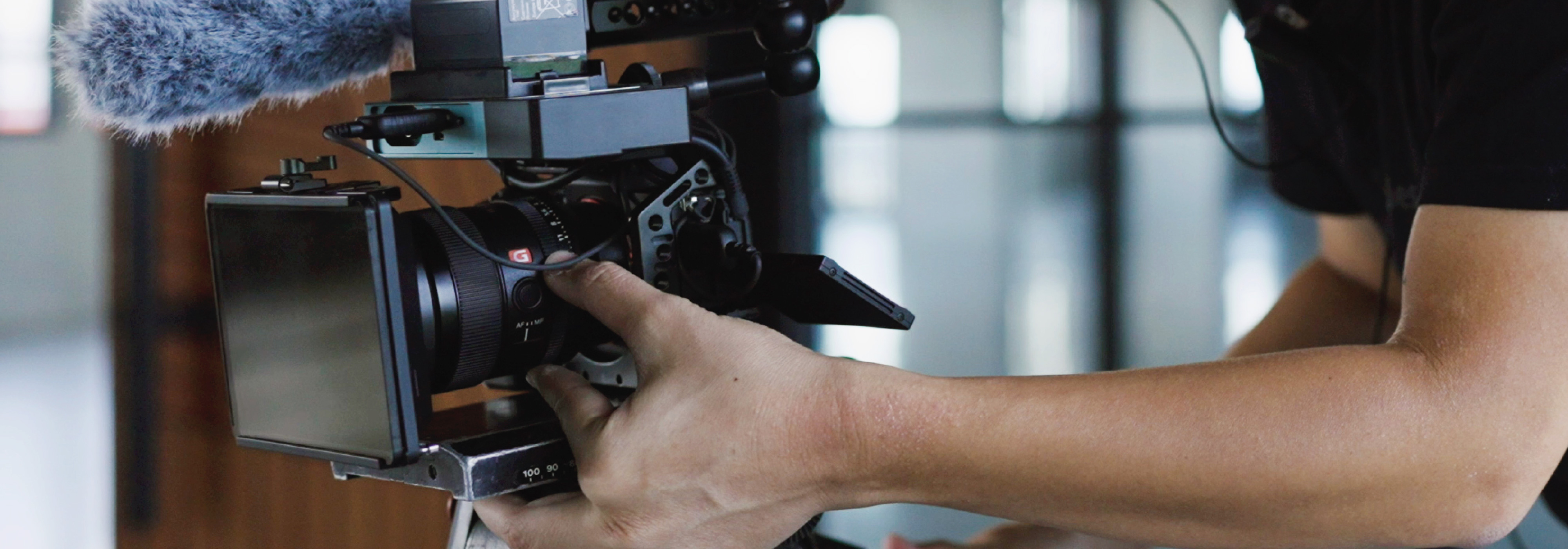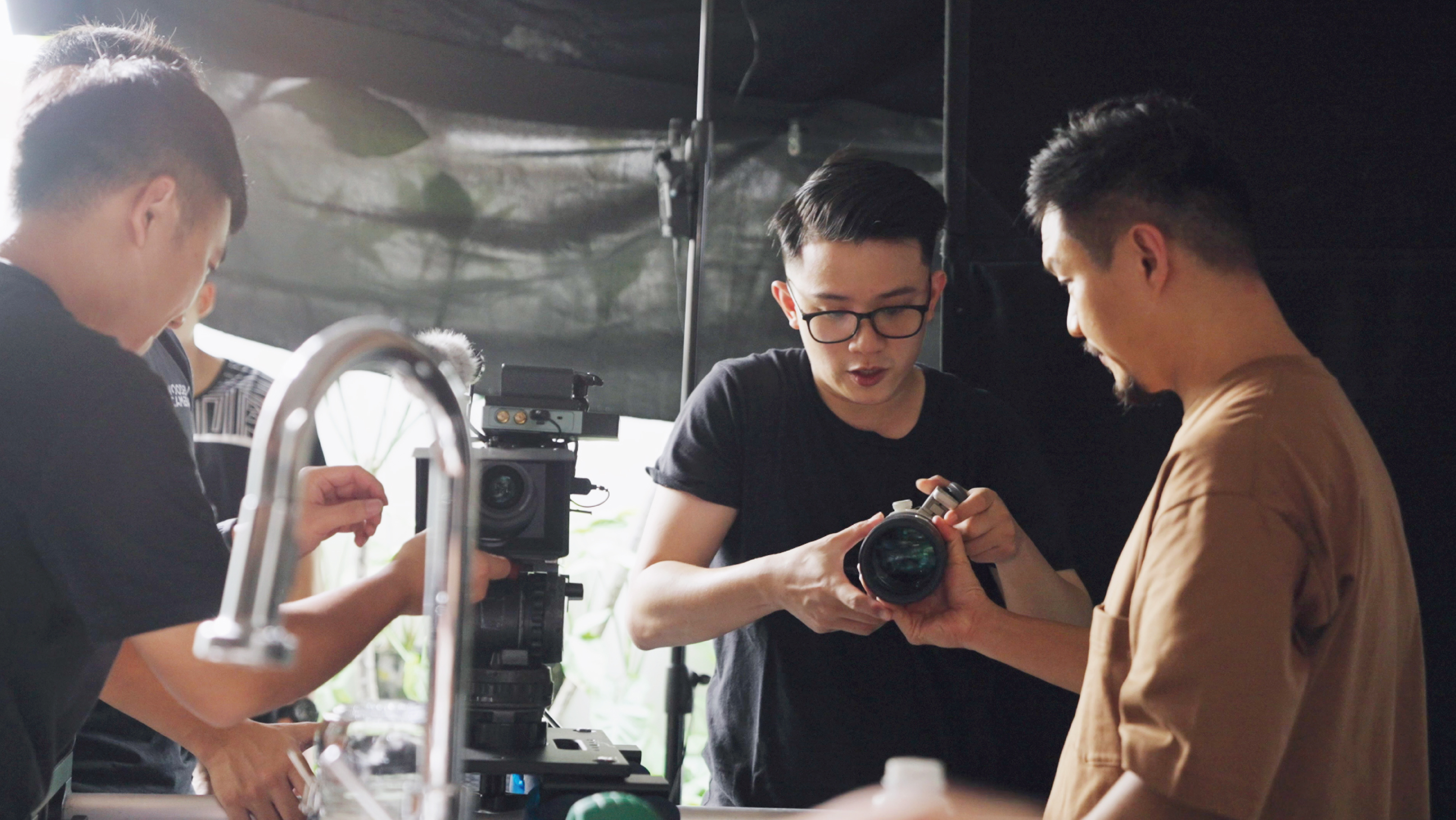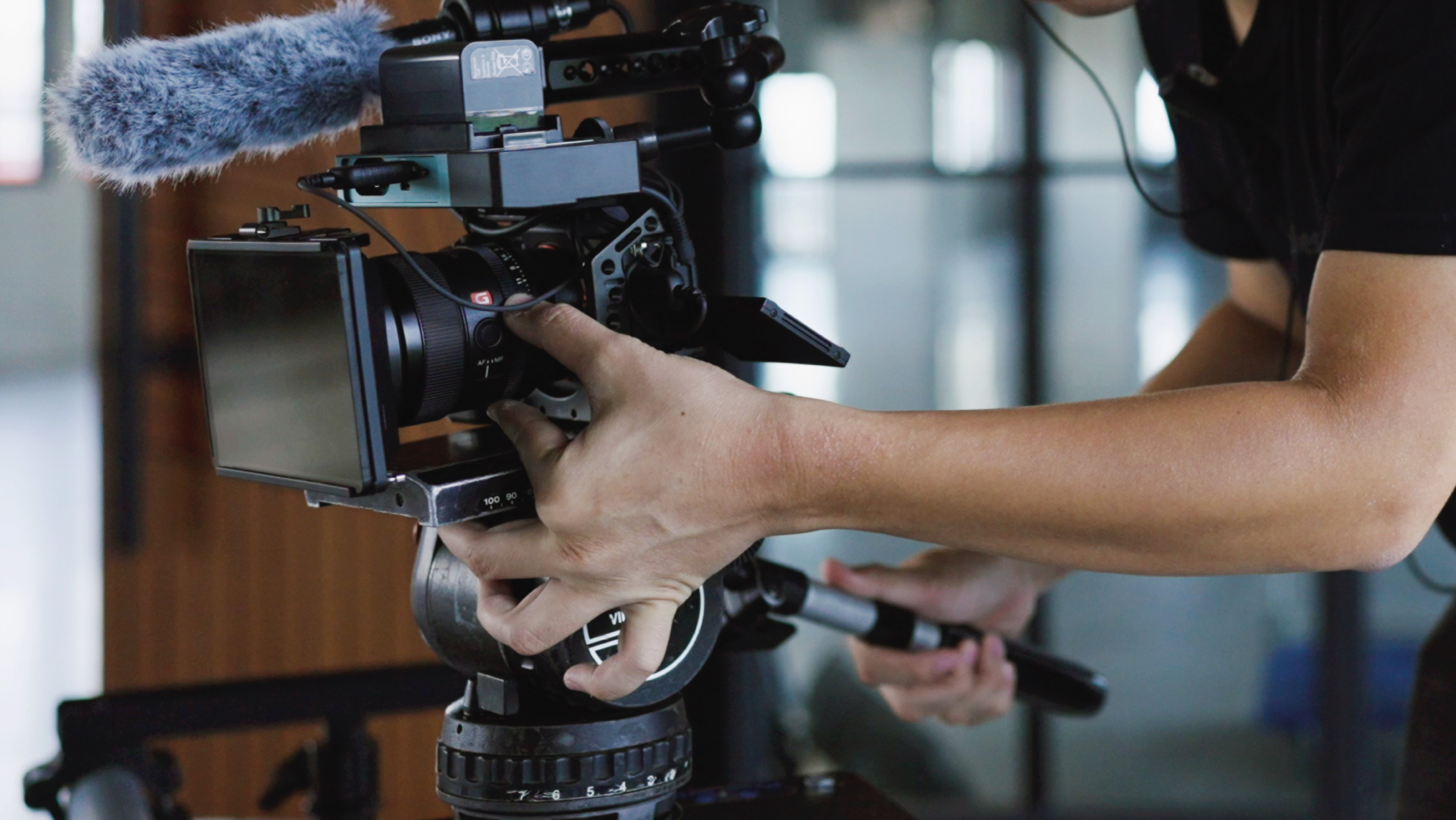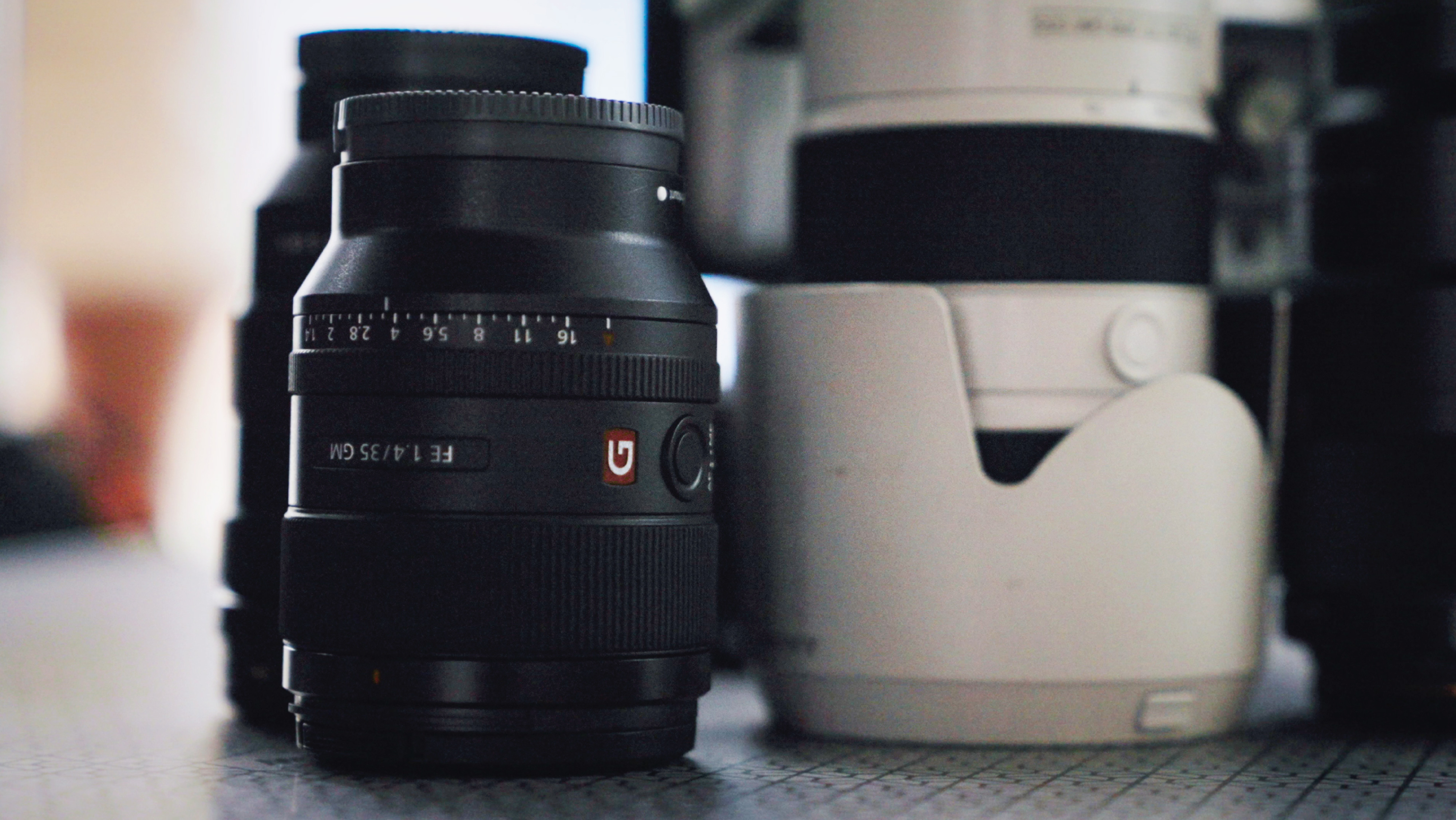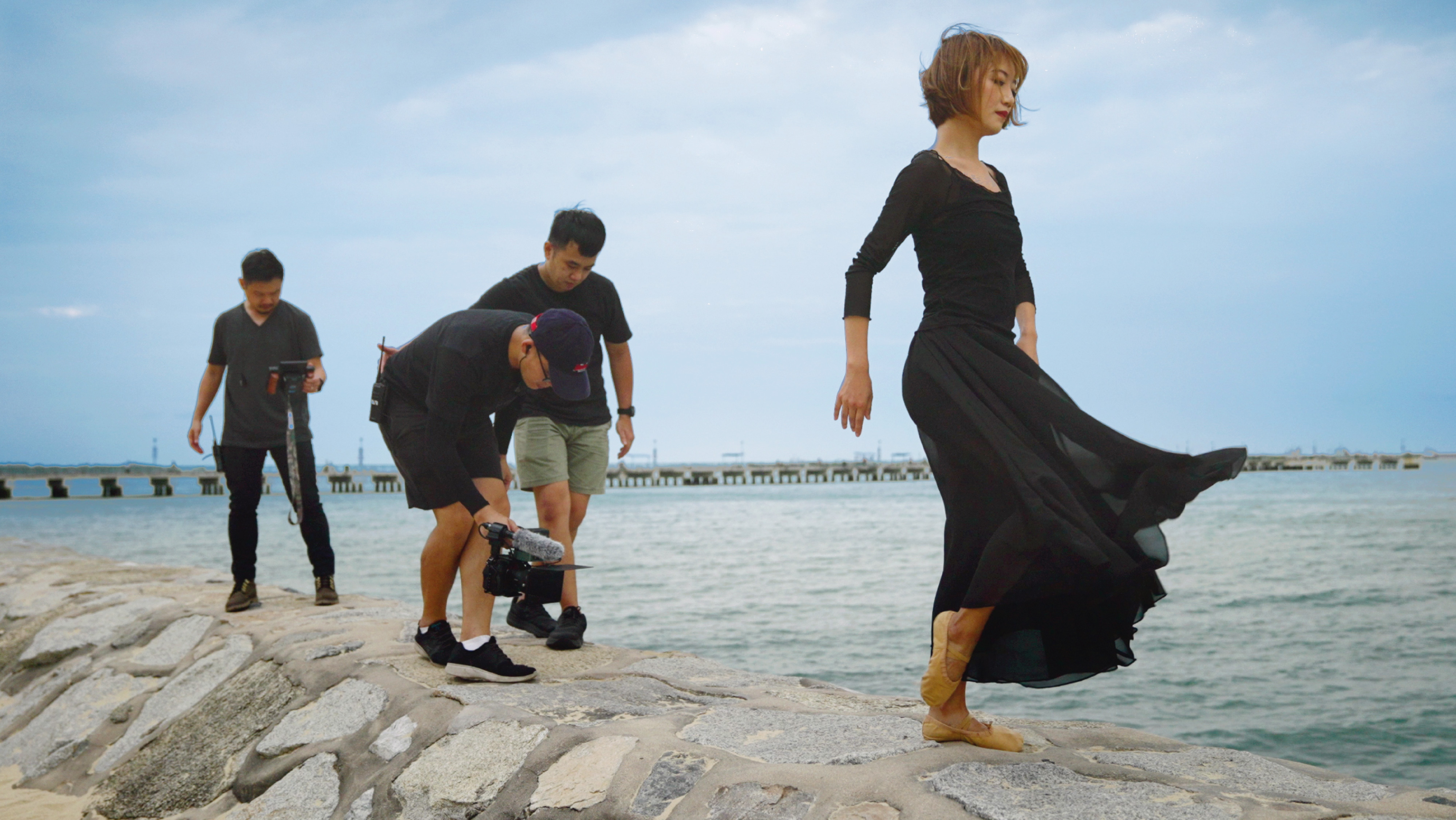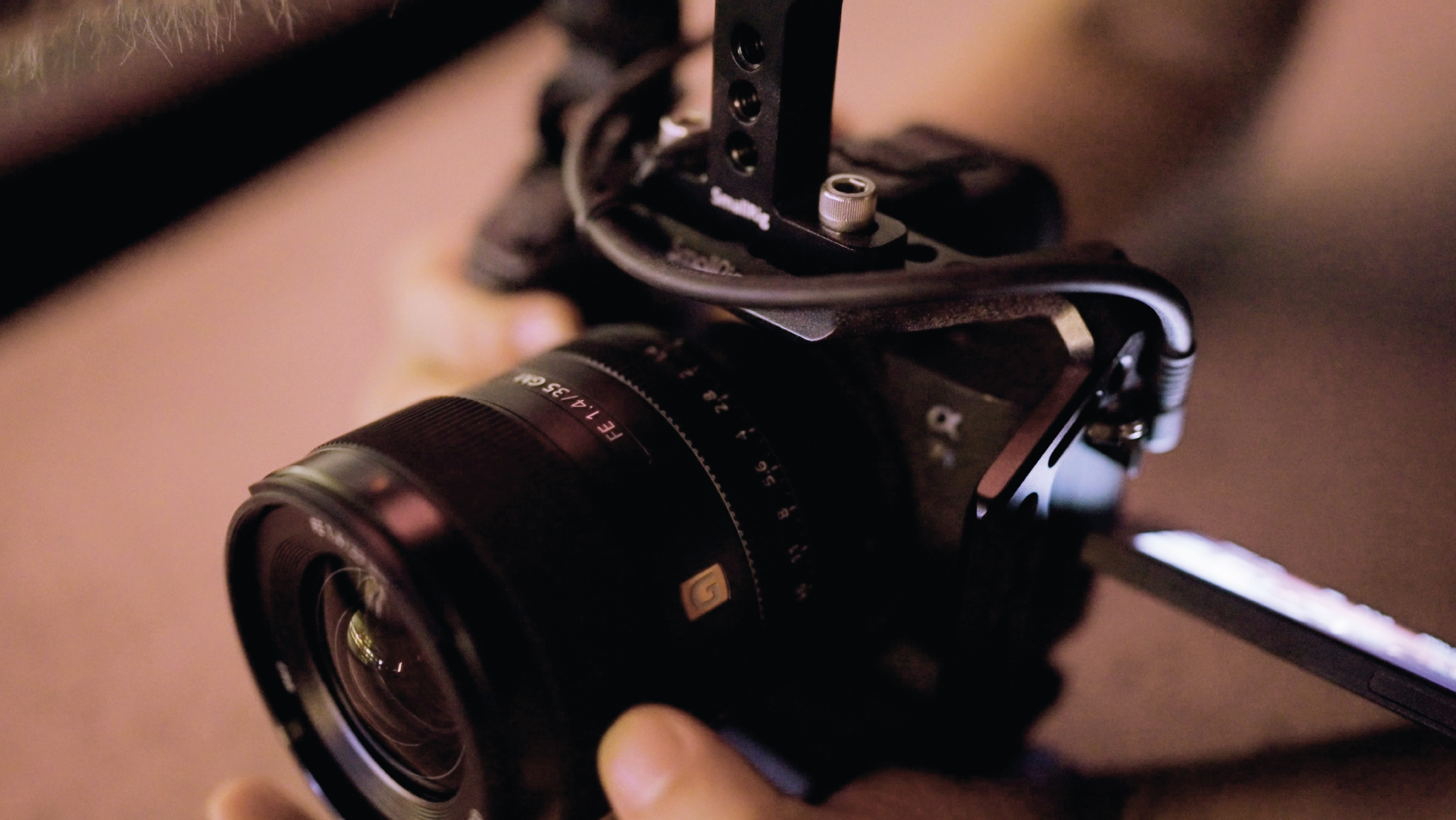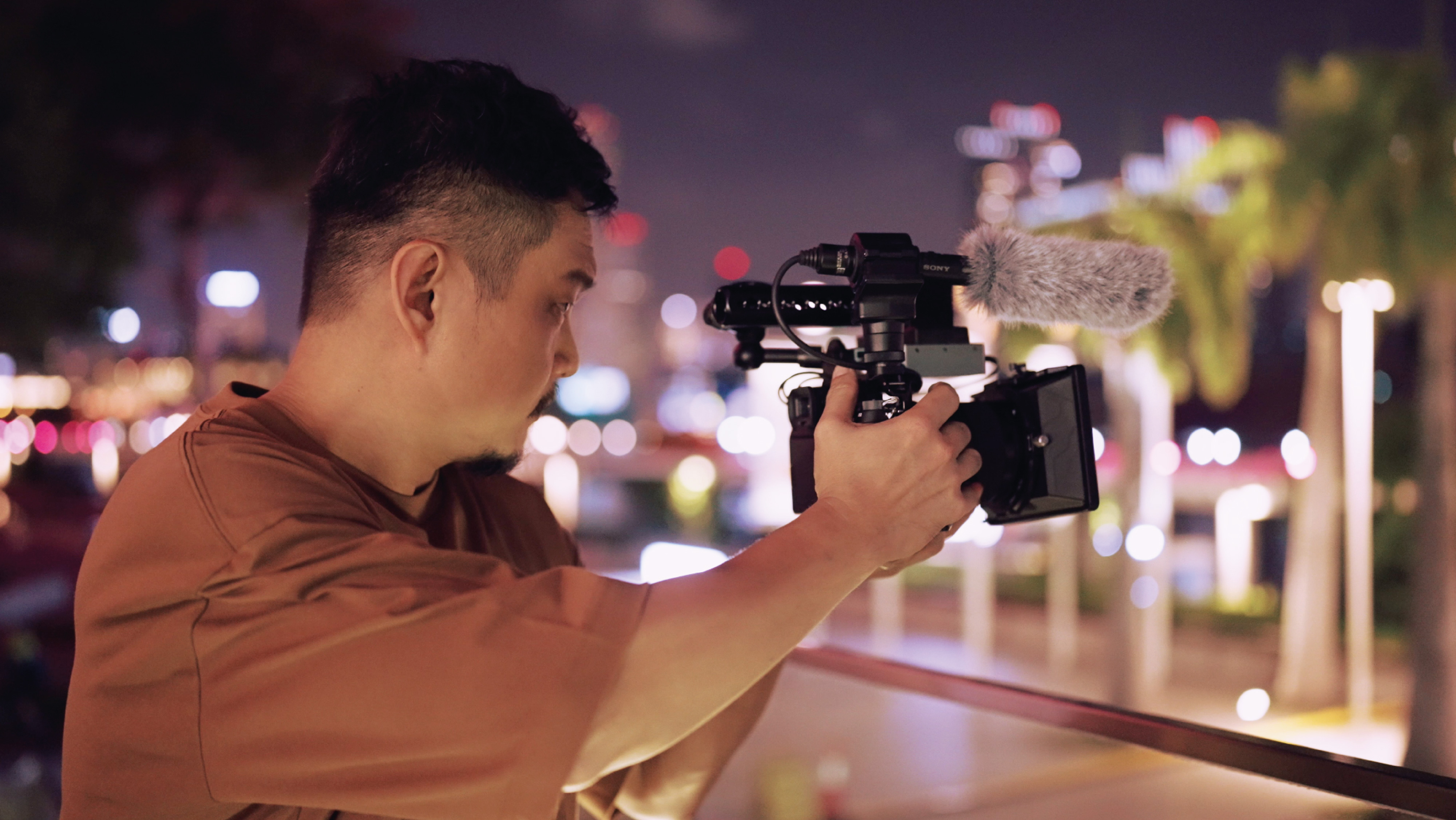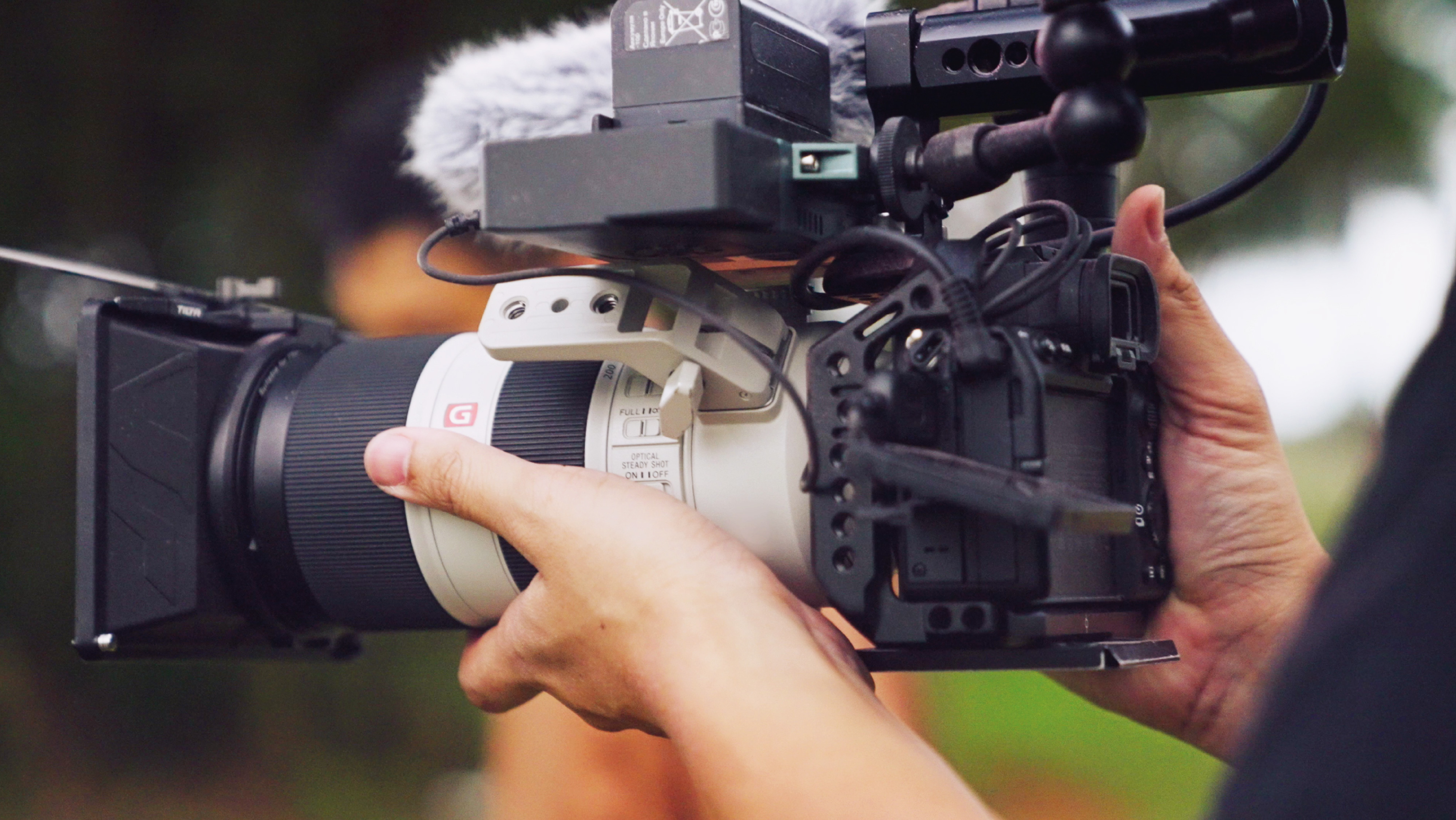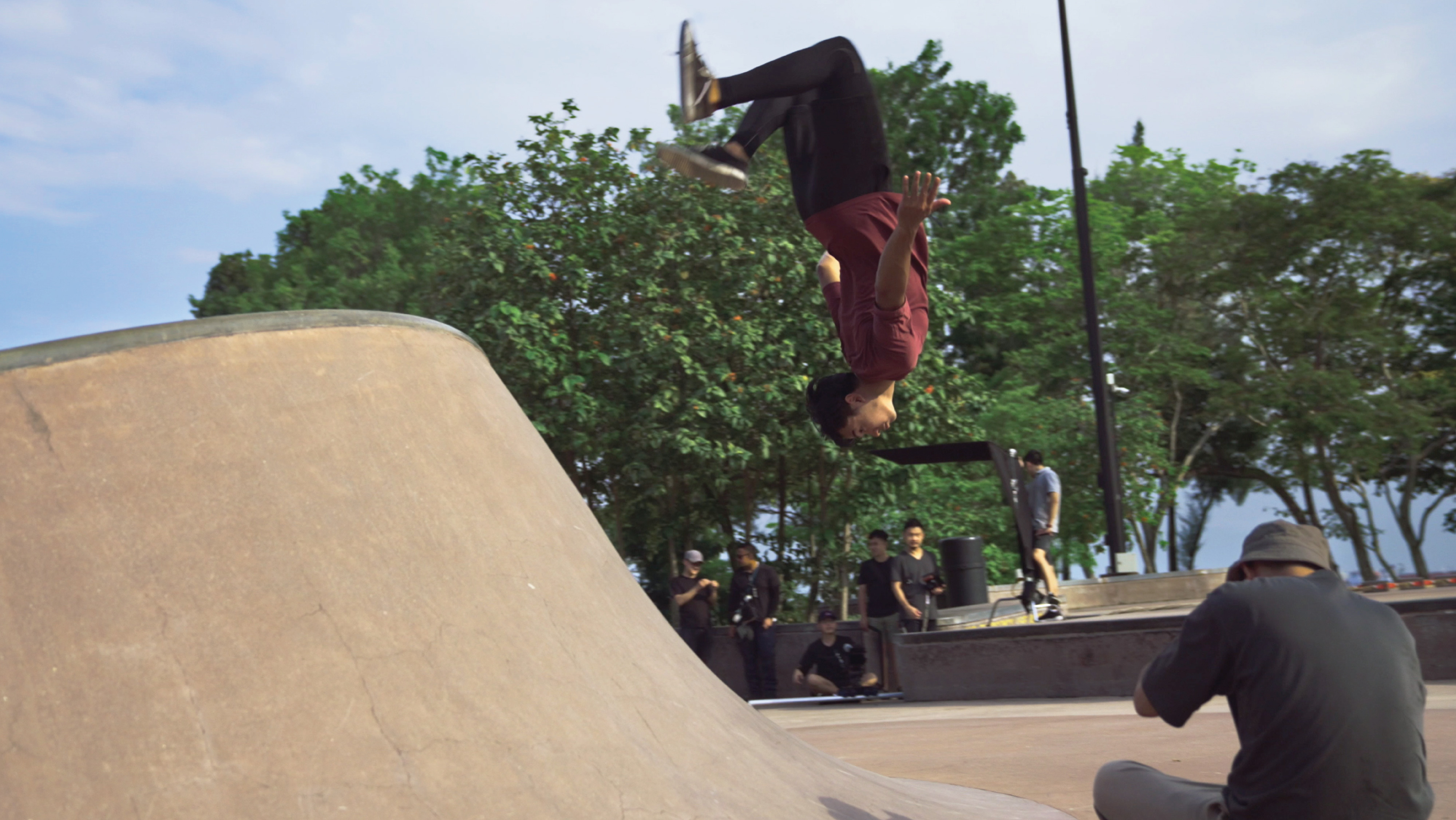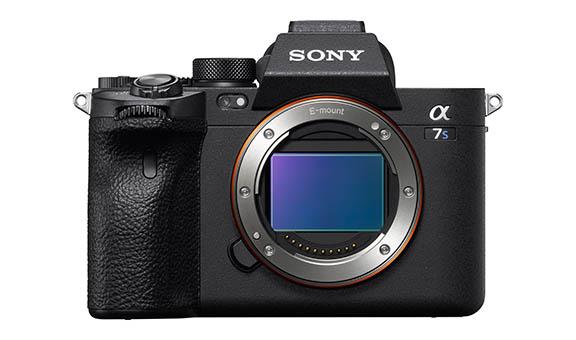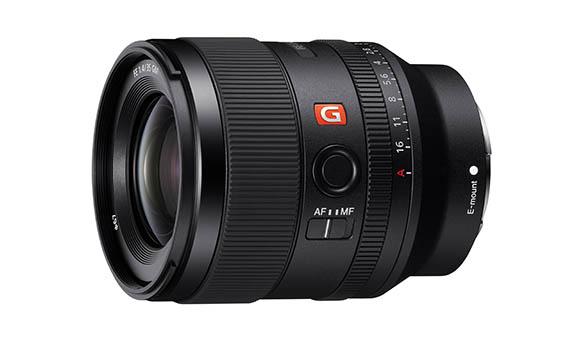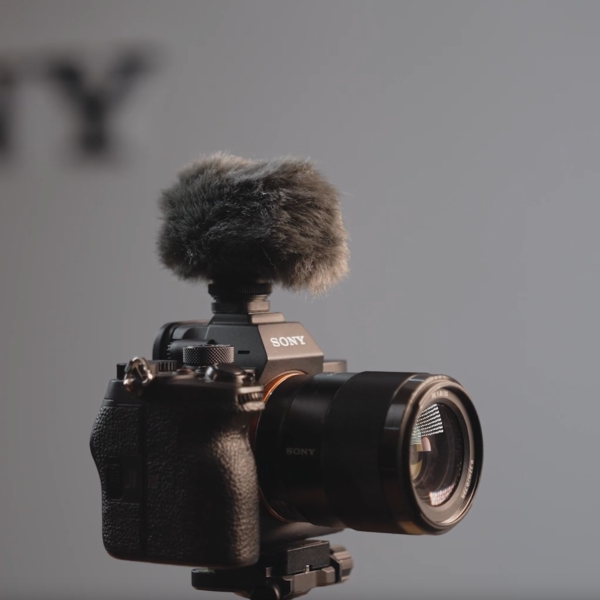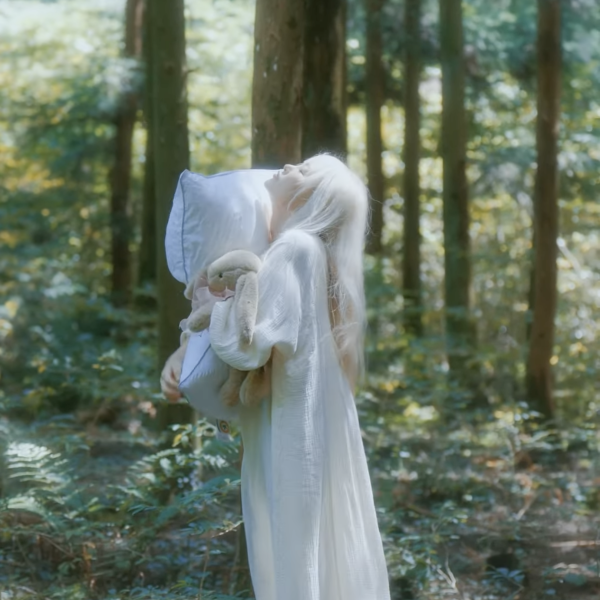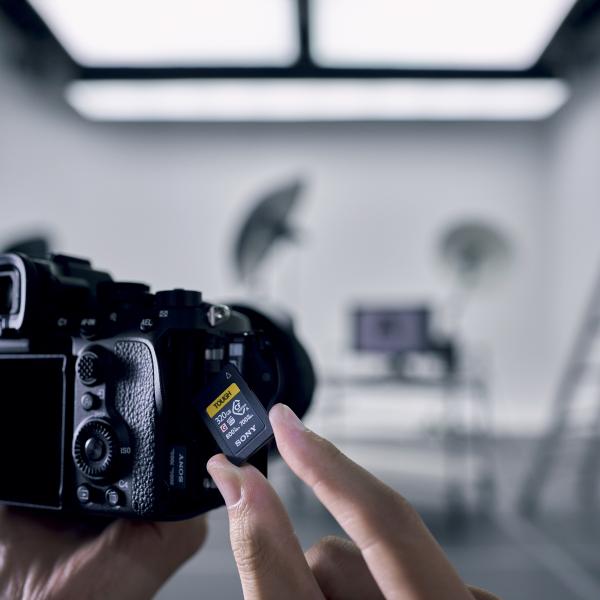A Director's Choice
As a director, I have to oversee the entire development, production and post-production of every story we produce. Each step requires planning and detailed execution —from developing the story to choosing the right lenses.
Lenses have their own unique character, so when I’m picking a lens for a particular scene, I need it to be able to create the right mood. If I want to create a dreamy look, I’ll think about lenses that have more flaring, interesting bokeh or some that are softer at the edges.
For example, when I want to create scenes that have a similar perspective to the human eye, I often reach for the 35mm F1.4 G Master lens. If I’m shooting a wide shot, I prefer using the 24mm F1.4 G Master lens. Or if I’m setting up for a run and gun shot, my go-to lenses are the 16-35mm, 24-70mm, and the 70-200mm. With such a wide range, it is easy to find the right focal length and adapt on the fly.
When I’m on a shoot, one of my favourite camera and lens combinations to use are the Alpha system and G Master lenses. Alpha cameras are industry leaders in terms of their fast autofocus and when paired with G Master lenses, are practically unbeatable for tracking and autofocus.
In the cinematic world, many DPs still prefer a manual focusing system for greater control, but having a fast and reliable autofocus is a great blessing especially in situations where the camera is on a gimbal. When both the subject and camera are moving at the same time, we want to keep things as light and mobile as possible. When Alpha system Hybrid autofocus is combined with G Master lenses, I know that the subject will be tracked consistently, and it makes the filming process so much easier.
Another area the Alpha system and G Master lenses perform really well in is in low-light situations. Normally we could spend a lot of time lighting and adjust the set to look just right, and on commercial shoots where time equates cost, it’s a great advantage to have the Alpha system in your workflow. With its great noise control and wide dynamic range, it allows you to shoot quickly and move on, while still letting you craft the lighting for more texture or creative angles.
In particular, with the 35mm F1.4 G Master I can capture sharp footage with an amazingly shallow depth of field in low-light conditions. The entire frame, from corner-to-corner, stays incredibly sharp so no detail is lost, which is really important because sometimes it’s the little things that really set the scene.
Some people think that when you’re choosing your gear you should focus on getting the right camera than lenses. But the truth is that they are both equally important. If the camera is the brain, then the lenses are the eyes. Having great eyes with a bad brain is not going to help you capture good footage and vice versa. It’s important to have both, they must be able to complement each other and match the quality.
To me with G Master lenses, it fully unveils all the potential to shoot with Alpha Systems with its fast autofocus, unbeatable bokeh and excellent optical performance.
As a filmmaker, this means I can shoot in 4K or even higher resolution. And because the footage is consistently sharp and clear, it gives me the flexibility to be creative at the editing stage. I can reframe the shot and crop in without worrying about fringing or out-of-focus footage.
With such a powerful duo, my work is made easier. They fit extremely well into my workflow, and allow me to shoot with confidence because I know I can trust them to bring my stories to life.
